
Chicago X is the eighth studio album by the American rock band Chicago. It was recorded at Caribou Ranch and it was released by Columbia Records on June 14, 1976. The album made it to number three on the Billboard 200, and was certified gold by the Recording Industry Association of America (RIAA) on June 21, 1976, a week after its release. It was the band's first album to be certified platinum, on September 14, 1976, and has since been certified multi-platinum. In honor of the group's platinum album achievement, Columbia Records awarded the group a 25-pound bar of pure platinum, made by Cartier.
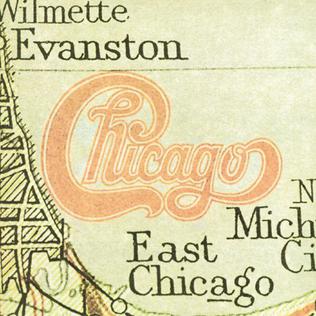
Chicago XI is the ninth studio album by the American rock band Chicago. It was released on September 12, 1977 through Columbia Records. It was both the last to feature guitarist and vocalist Terry Kath prior to his death in a gun accident just over four months later, and the last to be produced by longtime associate of the band James William Guercio.
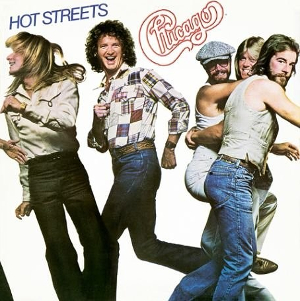
Hot Streets is the tenth studio album by the American rock band Chicago, released on October 2, 1978, by Columbia Records. This was the band's first album with all-new material released since their second that did not have a numbered title. It was also the first album not to feature original guitarist/vocalist Terry Kath, who died from an accidental self-inflicted gunshot wound in January 1978. He was replaced by Donnie Dacus on this album.
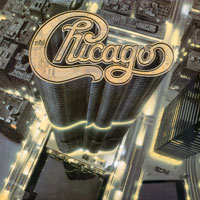
Chicago 13 is the eleventh studio album by American rock band Chicago, released on August 13, 1979, by Columbia Records. Chicago 13 was the band's final release featuring lead guitarist Donnie Dacus, who had followed the late founding member, guitarist Terry Kath. All band members contributed to the songwriting.
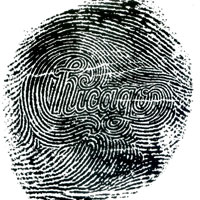
Chicago XIV is the twelfth studio album by American rock band Chicago, released on July 21, 1980. Recorded at a time of waning interest in the band, Chicago XIV remains one of Chicago's poorest-selling albums, failing to reach Gold certification by the Recording Industry Association of America (RIAA), and was deemed a commercial flop. It is also notable for being their last studio album with Columbia Records, and the last one to feature percussionist Laudir de Oliveira.
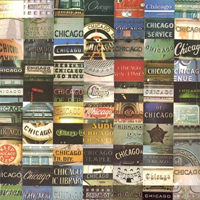
Greatest Hits, Volume II is the second greatest hits album by American rock band Chicago, released on November 23, 1981 by Columbia Records.

"Make Me Smile" is a song written by James Pankow for the rock band Chicago with the band's guitarist, Terry Kath, on lead vocals. Part 1 of Pankow's 7-part "Ballet for a Girl in Buchannon" song cycle/suite, it was recorded for their second album, Chicago, which was released in 1970. The song "Now More Than Ever", a separate track from the same song suite, serves as a reprise of the song and appears edited together with it on many later versions, including a single edit, on several greatest hits collections, and in many live performances.
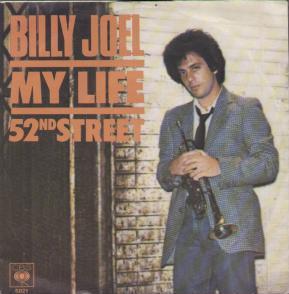
"My Life" is a song by Billy Joel that first appeared on his 1978 album 52nd Street. A single version was released in the fall of 1978 and reached No. 2 on the U.S. adult contemporary chart. Early the next year, it peaked at No. 3 on the Billboard Hot 100.

"Glory of Love" is a 1986 song performed by Peter Cetera, which he wrote and composed with his then-wife Diane Nini and David Foster. The song was recorded by Cetera shortly after he left the band Chicago to pursue a solo career. Featured in the film The Karate Kid Part II (1986), it was Cetera's first hit single after he left the band, reaching number one on the Billboard Hot 100, and it was included on his album Solitude/Solitaire (1986), which Michael Omartian produced.

"Questions 67 and 68" is a 1969 song written by Robert Lamm for the rock band Chicago and recorded for their debut album Chicago Transit Authority. It was their first single release. Peter Cetera is the primary lead singer with Lamm also on vocals. In 2015, Dave Swanson, writing for Ultimate Classic Rock, listed the song as ninth in a list of top ten Chicago songs. Writing for Rock Cellar magazine, Frank Mastropolo rated the song as number 11 in a list of "Top 11 Question Songs".

"Beginnings" is a song written by Robert Lamm for the rock band Chicago Transit Authority and recorded for its debut album Chicago Transit Authority, released in 1969. The song is the band's second single, but failed to chart on its initial release.

"Feelin' Stronger Every Day" is a song written by Peter Cetera and James Pankow for the group Chicago and recorded for their album Chicago VI (1973). The first single released from that album, it reached #10 on the U.S. Billboard Hot 100.

"Just You 'n' Me" is a song written by James Pankow for the group Chicago and recorded for their fifth studio album Chicago VI (1973). The lead vocals are sung by bassist Peter Cetera.

"(I've Been) Searchin' So Long" is a song written by James Pankow for the group Chicago and recorded for their album Chicago VII (1974). The first single released from that album, it reached number 9 on the U.S. Billboard Hot 100. It also hit number 8 on the Adult Contemporary chart. In Canada, the song peaked at number 5.

"Wishing You Were Here" is a song written by Peter Cetera for the group Chicago and recorded for their album Chicago VII (1974), with lead vocals by Terry Kath, while Cetera sang the song's bridge. The third single released from that album, it reached No. 11 on the U.S. Billboard Hot 100, No. 9 on the Cash Box Top 100, and hit No. 1 on the Easy Listening chart.
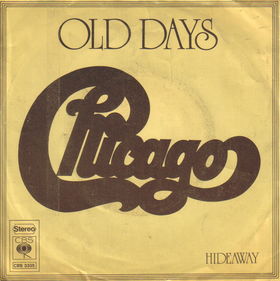
"Old Days" is a song written by James Pankow for the group Chicago and recorded for their album Chicago VIII (1975). It was the second single released from that album with lead vocals by Peter Cetera.

"Baby, What a Big Surprise" is a ballad written by Chicago's then bassist/singer Peter Cetera, which appeared on their album Chicago XI (1977), with Cetera singing lead vocals. The first single released from the album reached number 4 on the US Billboard Hot 100 chart.
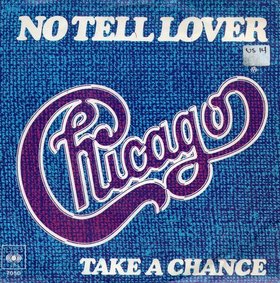
"No Tell Lover" is a song written by Lee Loughnane, Danny Seraphine, and Peter Cetera for the group Chicago and recorded for their album Hot Streets (1978), with Cetera and Donnie Dacus singing lead vocals. The second single released from that album, it reached No. 14 on the U.S. Billboard Hot 100 chart and No. 5 on the adult contemporary chart.
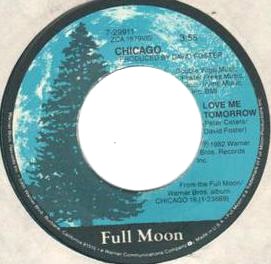
"Love Me Tomorrow" is a song written by Peter Cetera and David Foster for the group Chicago and recorded for their album Chicago 16 (1982), with Cetera singing lead vocals. The second single released from the album, it reached No. 22 on the U.S. Billboard Hot 100 chart and No. 8 on the adult contemporary chart. Songwriter Cetera, a member of the American Society of Composers, Authors and Publishers (ASCAP), won an ASCAP Pop Music Award for the song in the category, Most Performed Songs.



















